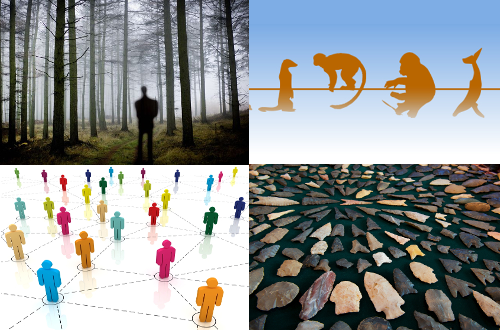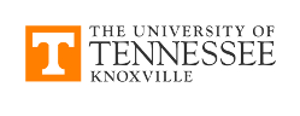Center for the Dynamics of Social Complexity (DySoC)
DySoC promotes transdisciplinary research into the origins, evolution, and futures of human social complexity. We study human behaviors and social interactions that underlie past and present societies in the pursuit of transformative discovery. Through theory, data, and synthesis, we help realize evidence-based innovations to address grand challenges of our time.
We pursue our mission through distinctive evolutionary and quantitative approaches. Considering human cognition, culture, and societies as evolved – and evolving – phenomena opens new frontiers in the exploration of human psychology, behavior, and social organization. It also gives fresh insight into the diverse world around us. Drawing comparisons between humans and other biological organisms or between past and present societies can reveal parallels that promote greater understanding of general principles, which in turn can reframe understanding of cooperation and conflict in contemporary societies. Use of mathematical models enables us to delve further into biological, cultural, and social evolution to explore foundational and new ideas. This can not only increase predictive capacity, it can also afford invaluable opportunities to train our intuition and interpretation of social complexity.
Announcements
DySoC/Exeter Webinar Series.
DySoC and NIMBioS are happy to announce a series of eleven open webinars on Evolution and Social Systems.
Read more »
Fall 2021 Seminar Recodings:
![]()
Online Learning Modules Released

DySoC and the Cultural Evolution Society (CES) present a new online learning series with basic and applied lessons in the dynamics of cultural evolution. Through a variety of online learning methods, students will be able to independently work through the material to gain both a theoretical understanding of the method and practical experience using it.
![]()
Did you miss a seminar or webinar?
Click on the video icons on our seminar page to view recordings of past talks. ![]()
Contact DySoC
Sergey Gavrilets, Director
403B Austin Peay
University of Tennessee
Knoxville, TN 37996-3410
PH: (865) 974-8136
FAX: (865) 974-3067
Email
Website: http://www.dysoc.org
DySoC is affiliated with The University of Tennessee, Knoxville

